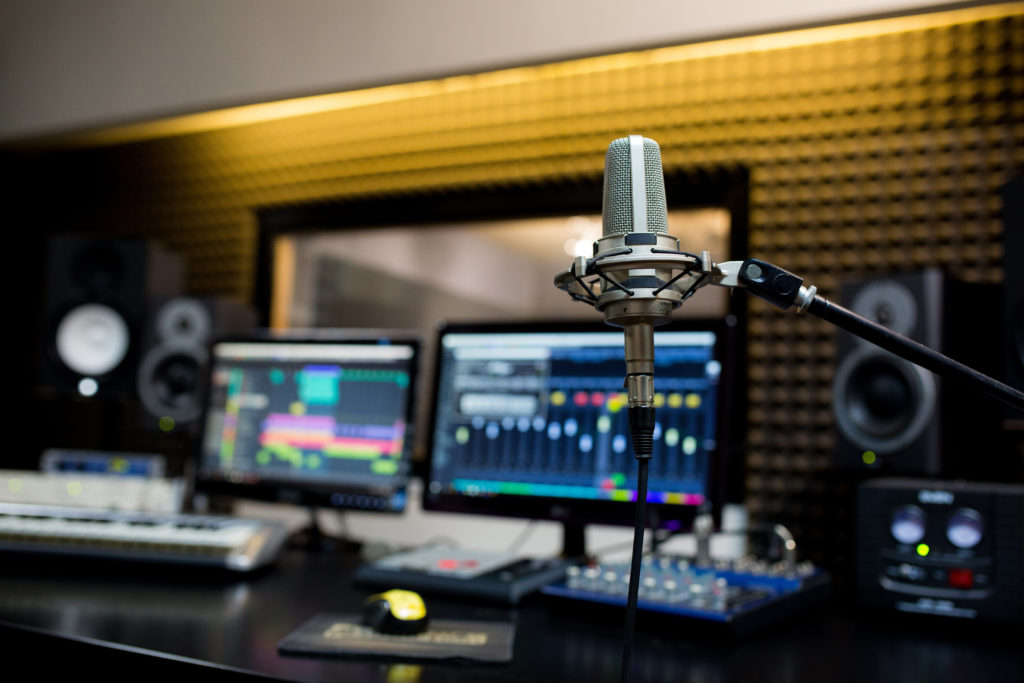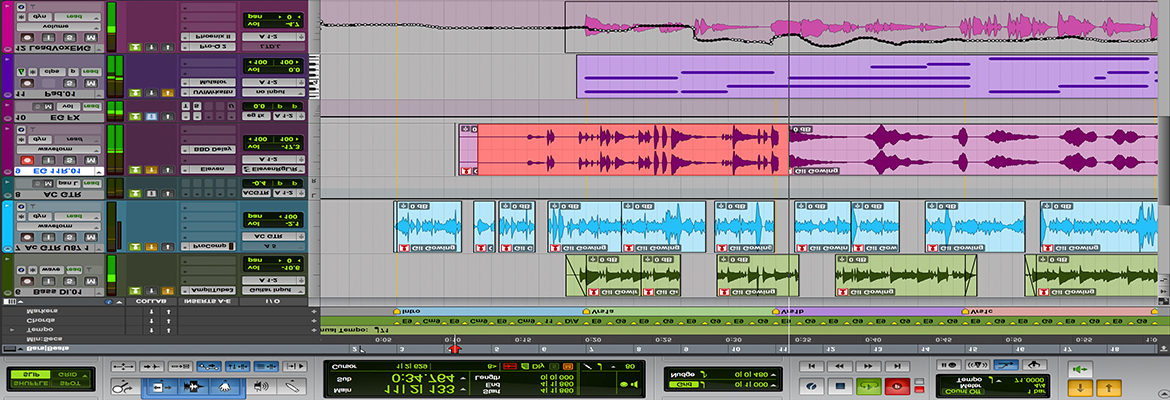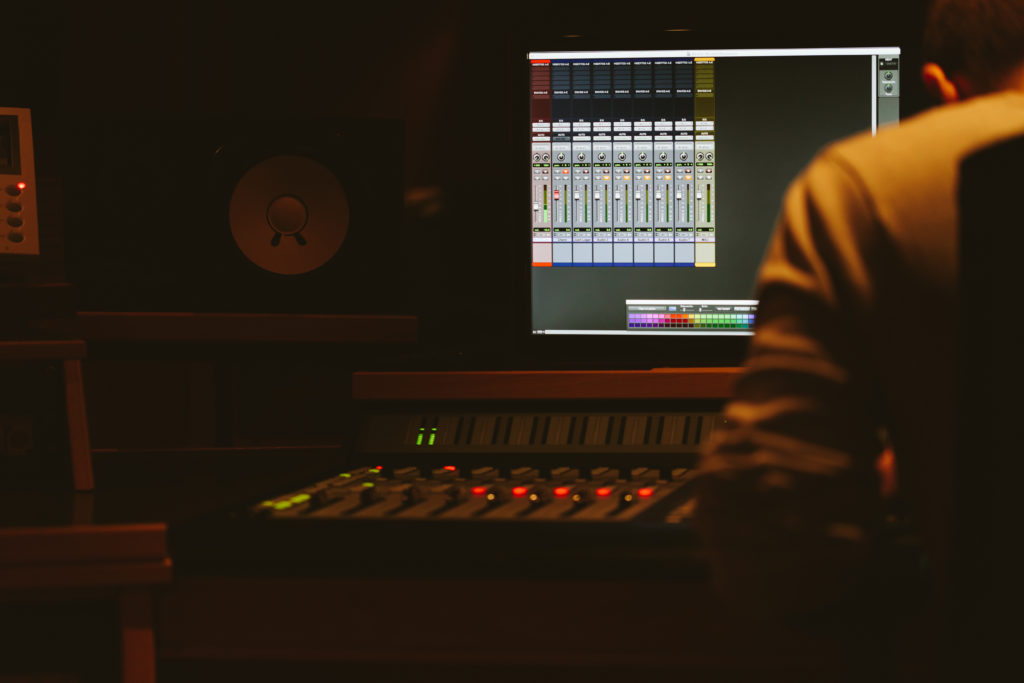Recording, Mixing and Mastering – What’s Really Going On

As an audio engineer, I constantly meet people, including clients, who have no idea what the differences are between recording, mixing and mastering. They might have heard the terms before, but they usually can't correctly describe what each term means. For those not in the music industry, that's both understandable and acceptable.
For those of you in the music business; whether you're an artist or manager or an engineer, you need to know what these terms mean.
Recording & Tracking
RECORDING is the process of capturing sounds, and a recording session is one instance where this happens (as opposed to a live performance).
A standard recording session involves multiple musicians, instruments, and vocalists. So, for the sake of this illustration, we’ll say your band has a drummer, guitarist, bass player, keyboard player, and two vocalists. Now, you could record everything on one microphone… but the drums might overpower the vocals, and the keys might blend into the bass line in certain sections.
Recording everything together is like playing entirely unplugged; it can work, but most bands perform miked and plugged into sound systems to provide their audience with a good and balanced audio experience.


That same option exists with a recording session. Instead of recording everything through one microphone, you can record each element separately to its own track in the workstation or mixer. This approach, which is called tracking, lets you (or, more likely, your audio engineer) go in later to perfect the balance of sounds.
Note that I said each element, not each instrument or vocal. That’s because some instruments consist of multiple elements, each of which will need its own mic. For example, a standard drum kit might have a mic for the kick, snare, floor toms, rack toms, cymbals, and high hats. This allows you to create a much more precise sound in the next phase: MIXING.
Mixing
MIXING is taking the individual elements that were recorded as separate tracks in the workstation or on tape and adjusting their levels and tones to create the right balance. Without separate mics (and their resulting tracks), the drums might overpower the vocals.
That’s a balance issue, and mixing allows you to prevent or correct that.
With mixing, you can ensure that certain tracks aren’t overbearing or piercing or, at the other end of the spectrum, too soft and buried by the other elements. You can also apply EQ, compression, editing, and effects if they are needed or desired.
Once the mixing is complete for a track, the engineer saves a “mixdown” of the song, which is turned into an album in the next stage: MASTERING.
Mastering
MASTERING is the process where you take the collection of ‘mixdowns’ or songs and turn them into an album. During the mixing process you are balancing individual elements in a song, in mastering you are balancing SONG TO SONG in album format.
- Balancing (not matching) the level and tonal balance (EQ) of songs
- Controlling the dynamic range – how loud and quiet each section is, for the right musical balance of variety and power
- Editing “tops and tails” – the beginning and end of each song, and the gaps, to create a compelling sequence
- Fixing any outstanding problems from the mix, if possible
- Creating a secure, reliable manufacturing master, including PQ information, UPC/EAN codes, ISRCs, CD-Text

A professional mastering engineer will have the training, proper room acoustics and professional gear.
In today’s ever changing technology world, it is becoming increasingly easier to record and mix in your bedroom or home studio. It is recommended to hire a professional mastering engineer for your project because they will have the training, proper room acoustics and professional gear.
Stay tuned for our article, where we will be discussing what artists can do themselves and why and when you should turn to a professional mixing and mastering engineer for your project.
Until the next time. Peace.
D.Mapp
